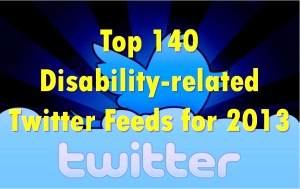A recent study done by researchers from the Sauder School of Business found that people who like a post Facebook or retweet something are less likely to give you a donation. Once people like, share or repost something they are done with the action and are less motivated to give.
Here’s a video describing the study’s findings and what it means to us who work at charities who use social media to drive people to donate and to action.
This study’s findings contradict other studies done like this one done by the Council for Advancement and Support of Education (CASE) and this one from the Nonprofit Social Benchmarking Report that found when social media is incorporated into fundraising, donations increase.
What are your thoughts on this new study?







